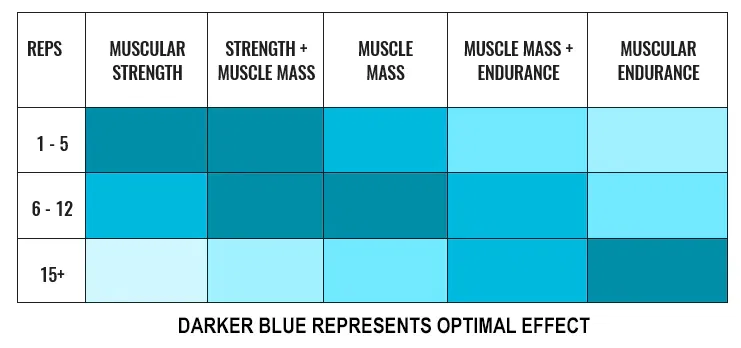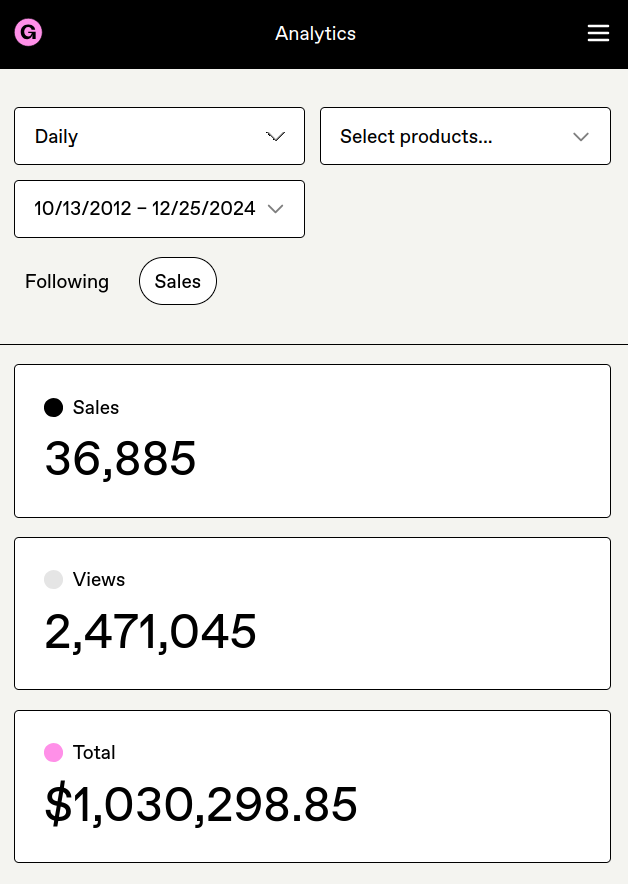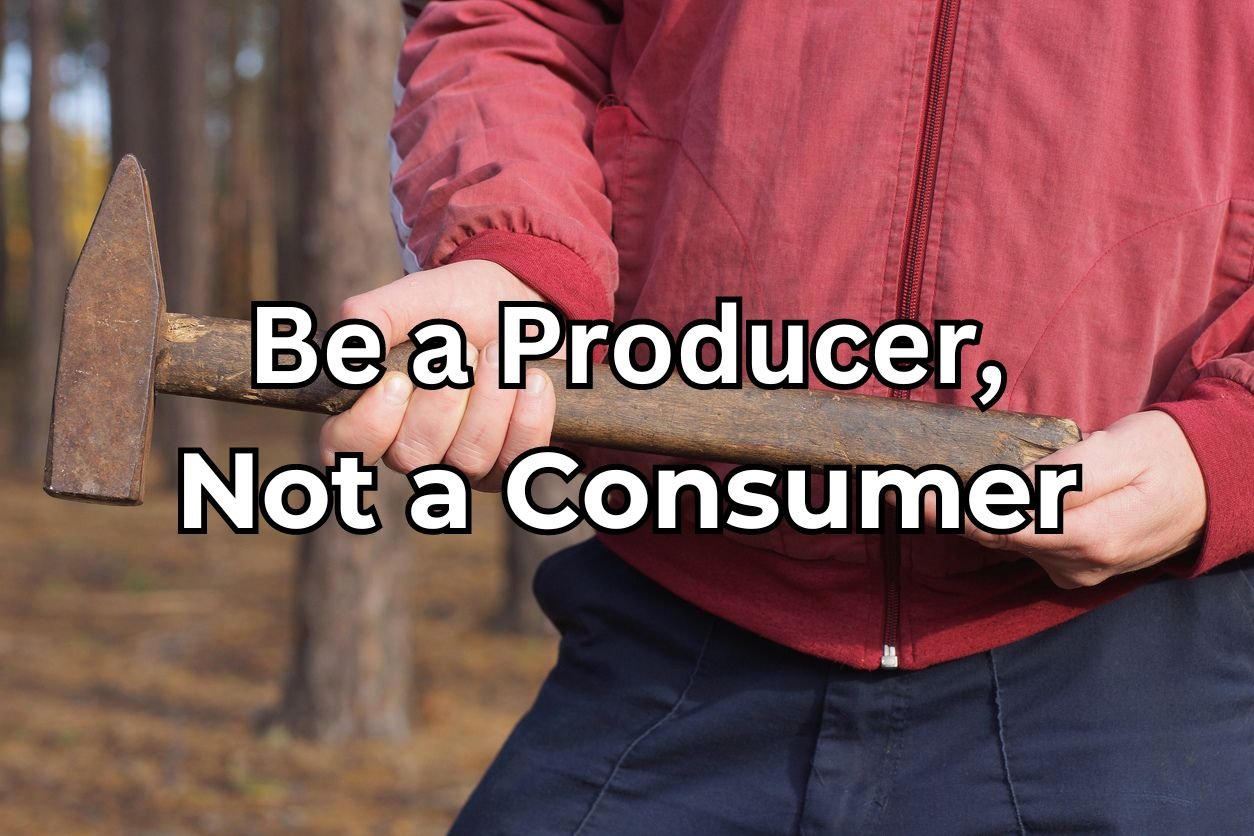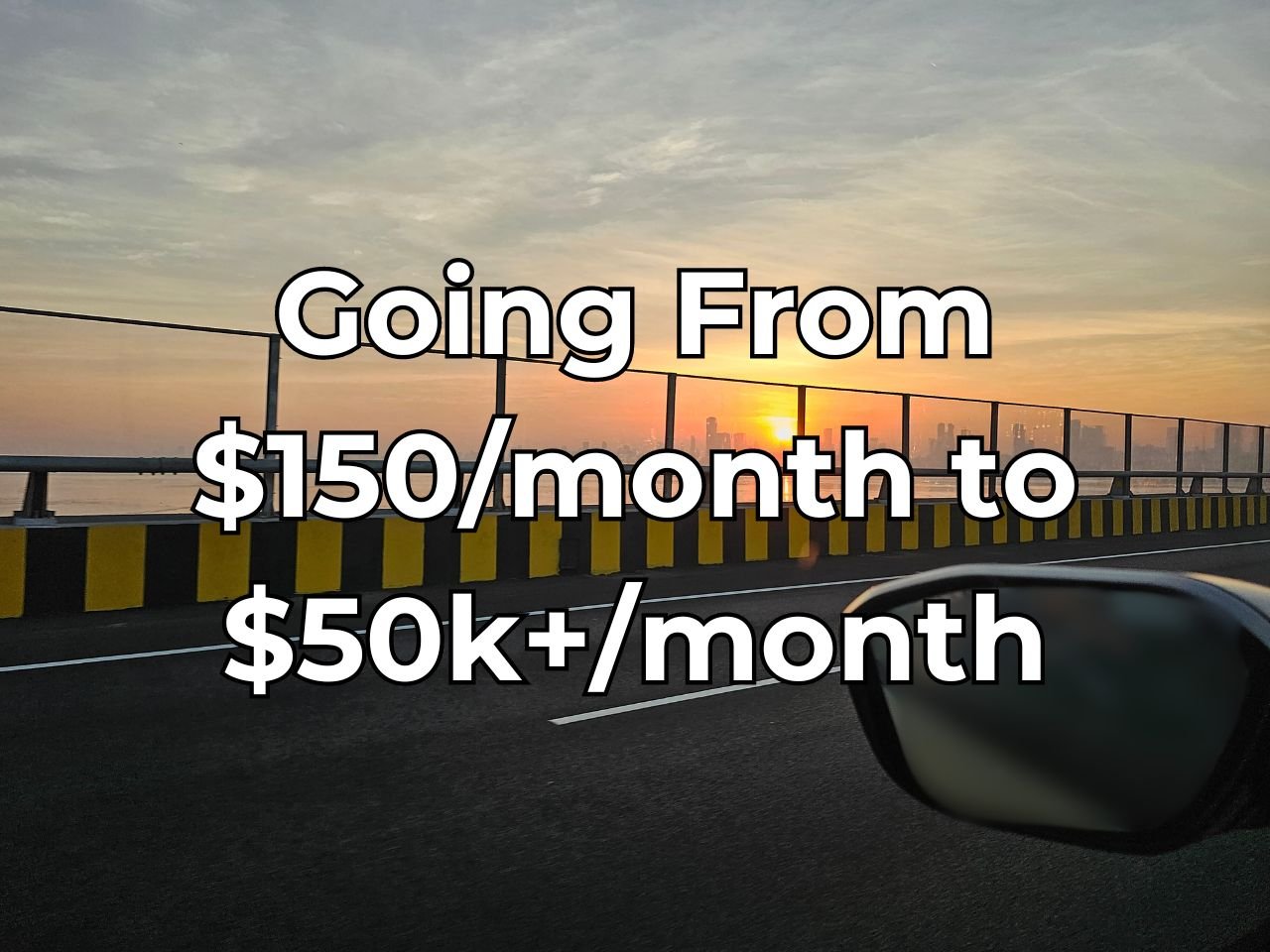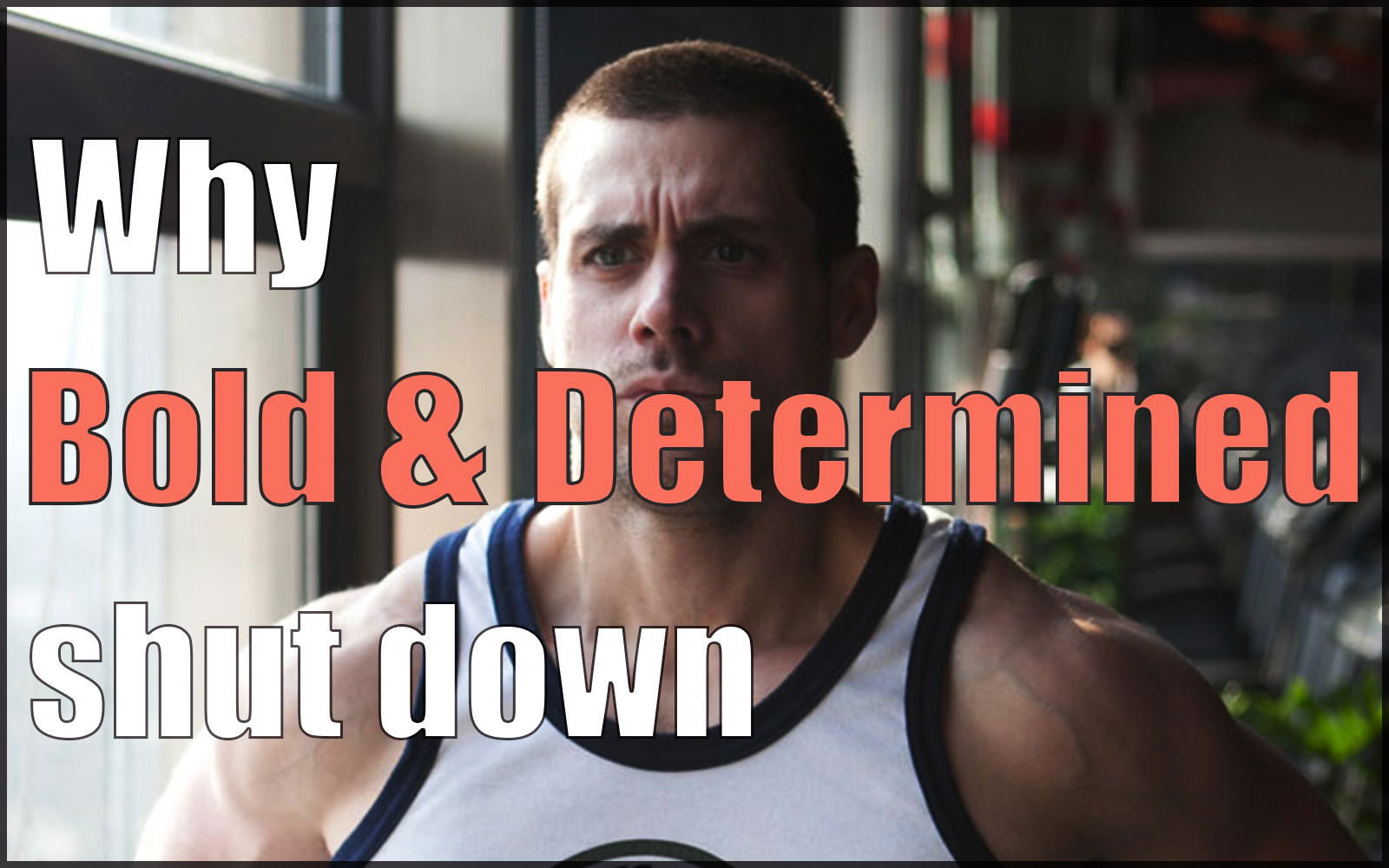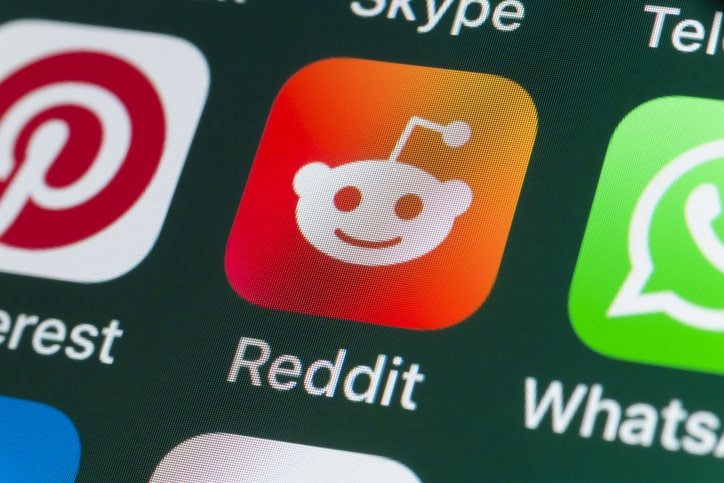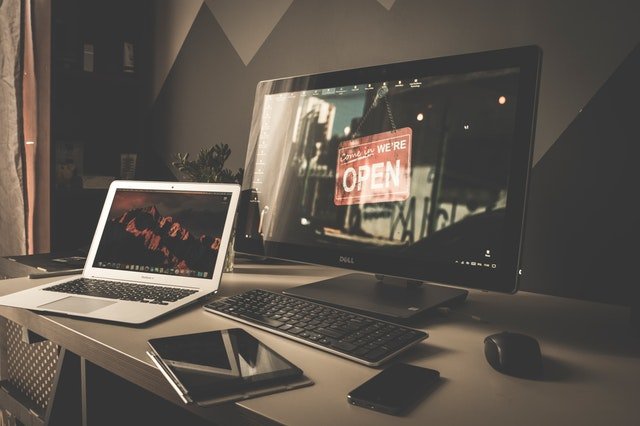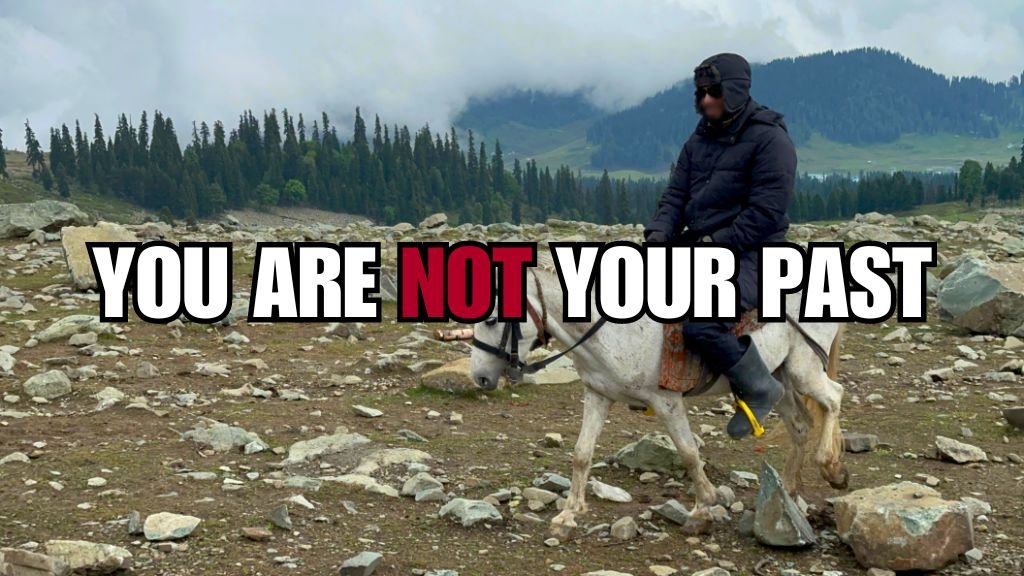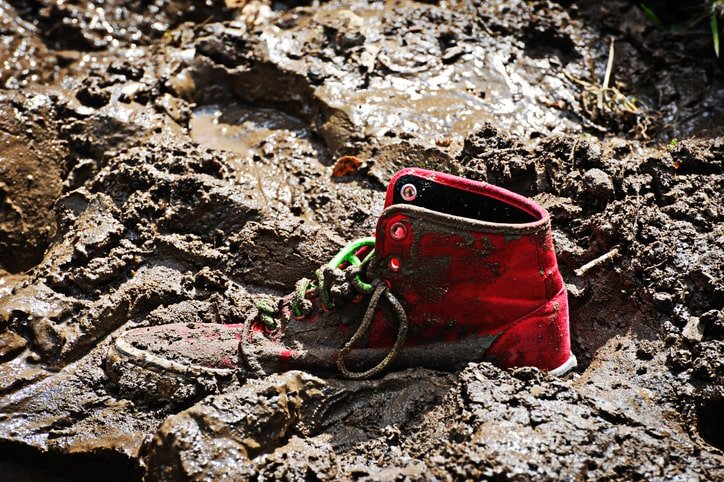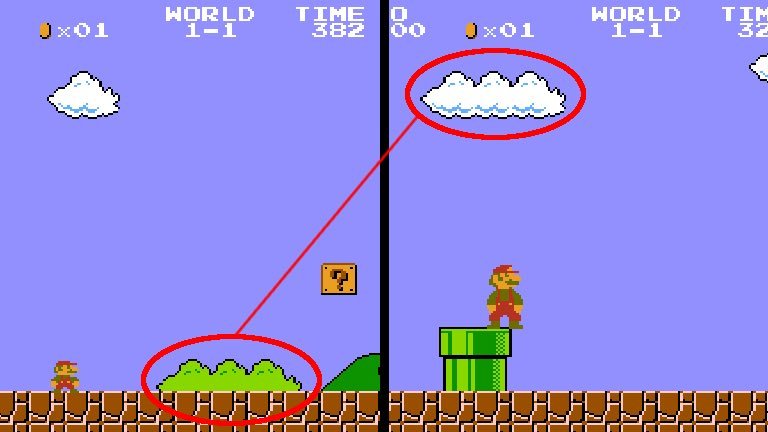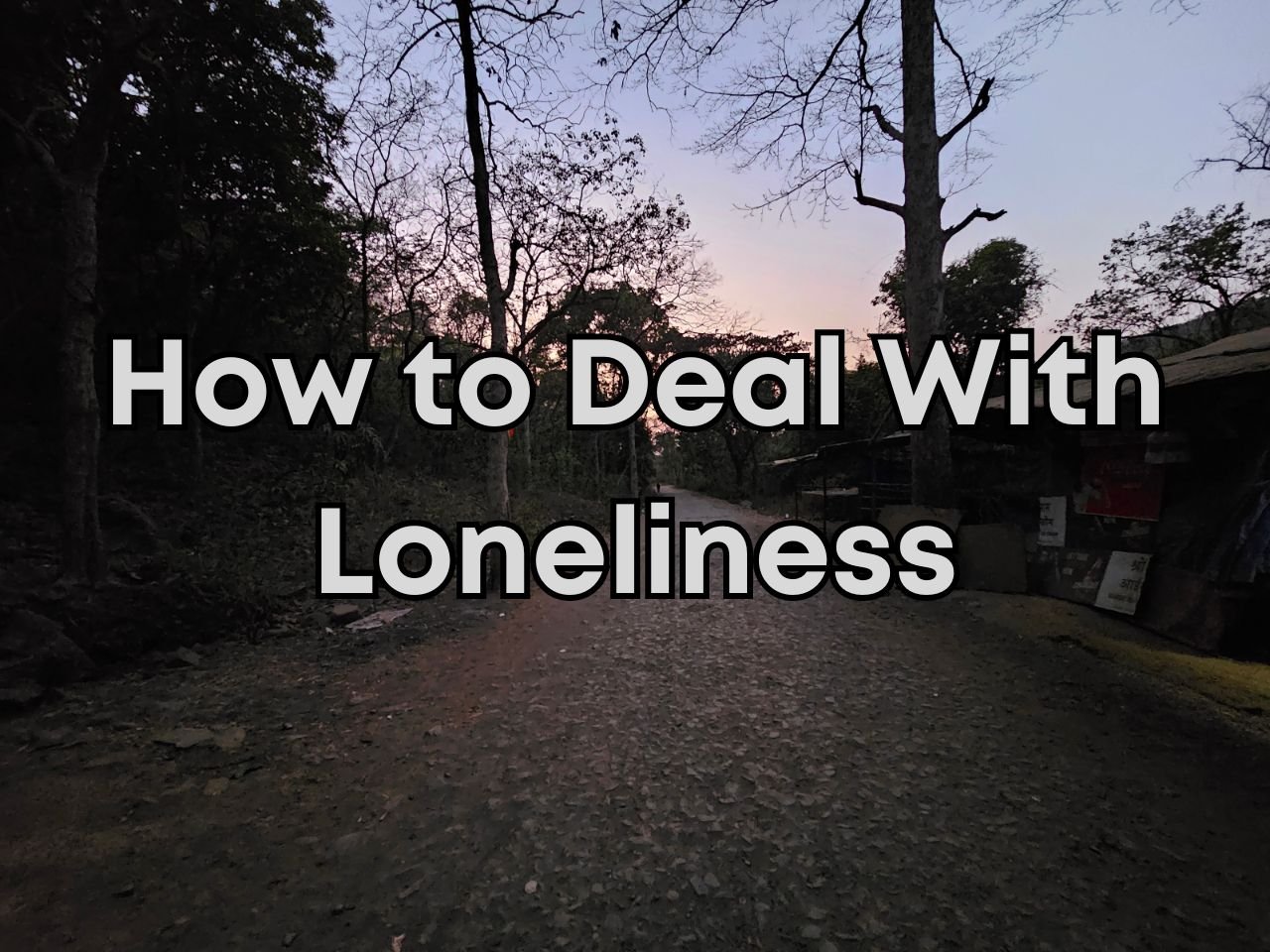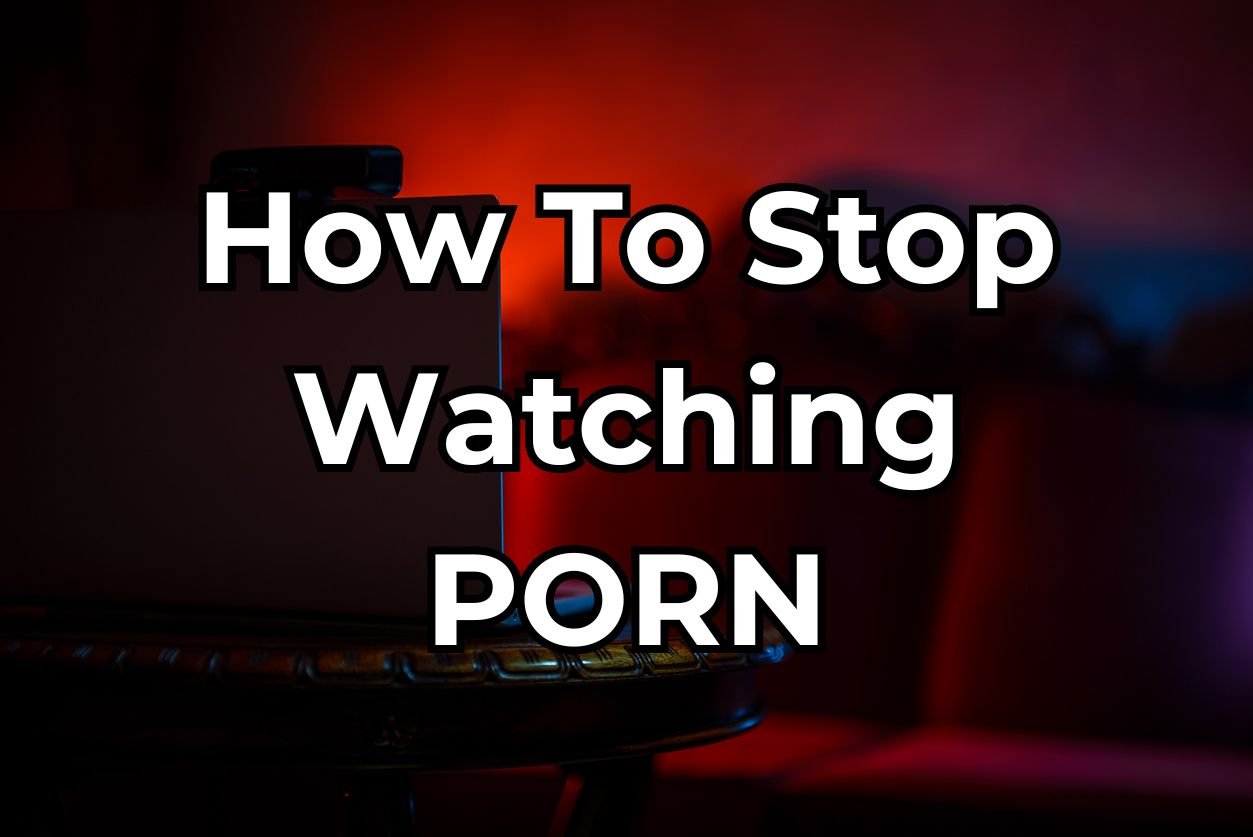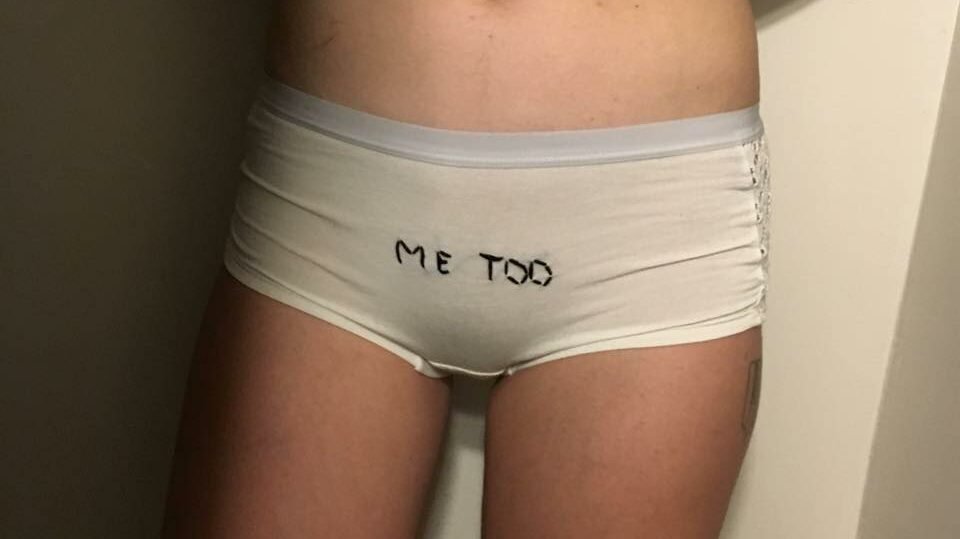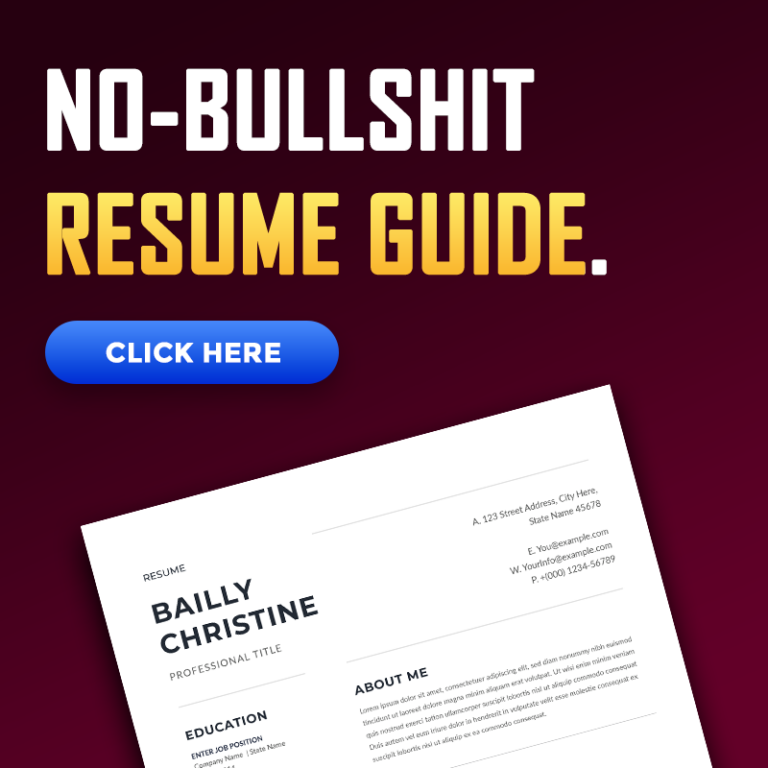We’ve all got 24 hours in a day, and some people can get a lot done in that time, while others not so much.
Getting more out of your time is about two things:
- Prioritization
- Efficiency
When you look at the average day of the average person, you’ll find that they lack proper prioritization, and when they do work on what’s important, they tend to be inefficient.
(You’ll see most of them complaining that they need to get better at “time management”. Everyone knows how to make a timetable. “I need time management” is a subtext for “I prioritize nonsense over what I consider important”.)
Let’s take a look at two of the most common habits shared by highly ineffective people, along with some tips to break those habits (the actionable part).
1) They Postpone Everything to Later:
This is the most common trait ineffective people share. Regardless of how important something is, if it can be done later, it will be done later. Usually, the thing ends up never being done at all.
Let’s take the example of someone who wants to incorporate meditation into their daily routine.
Day 1: Meditated in the morning.
Day 2: Didn’t feel like meditating in the morning, so postponed it, and ended up doing it in the evening.
Day 3: Planned to meditate in the evening, but was too tired after work, so postponed it a few more hours – meditated right before going to sleep.
Day 4: Procrastinates till the end of the day, but feels too sleepy to meditate. Will skip it today and do it tomorrow.
Day 5: Same as above…
They do it in every aspect of their lives.
Exercise? Not now. Don’t feel like it. Later.
This is a result of the slave mindset, i.e. if no one is standing behind me with a whip (say a boss or a teacher), why work?
Breaking the habit: Firstly, take some goddamn responsibility for yourself. You are not a child. No one is going to scream at you to do something, no one is going to whip you for being lazy, and no one cares if you achieve your goals or not.
The only one who cares is you – so take hold of the reins and be accountable to yourself.
Secondly, before you go to sleep, make a to-do list for the next day. On that list, you should include EVERYTHING you want to execute tomorrow.
When you wake up, immediately start working on the items on the list, and do not stop to rest till it’s all done.
2) They Keep Getting Distracted by a Smartphone:
Everyone is addicted to their phones. You’re reading this on your phone (well, over 70% of you are, according to the analytics), you use your phone to talk to and text your friends, make plans, check the time, see what’s on social media, etc.
Both you and I are addicted to our phones – it’s bound to happen because of how often we use it and how high the correlation is between using your phone and getting a dopamine hit.
Be it because you saw something on social media, instant messaging, etc. – you usually get some sort of dopamine hit from using your phone, and your brain learns to associate phones with dopamine – getting addicted to a smartphone is inevitable.
If you feel you’re not addicted, try going for a single week without a smartphone and see how often your hands crave fidgeting with it.
People look at their phones an average of 52 times each day. Yes, that’s a real statistic. We’re addicted to the screen, like it or not.
(In fact, some people are so addicted that they have a recurring sensation of their thigh vibrating even when they don’t have a phone around. It’s called phantom vibration syndrome.)
Under normal conditions, it takes about 15-30 minutes to get into “flow state” – the state where you get so involved in the task at hand that you lose the sensation of time passing. Your best work is done in this state.
When you have a raging smartphone addiction, you can never get in the zone and enter flow state because whenever you come close to it, your mind “zones out” and wants to touch the phone.
It wants those quick dopamine hits, even when there’s nothing on the phone to see. (How often have you fidgeted with your phone just because you felt like it/had no reason to check the phone?)
This massively hampers productivity because your most productive time is when you’re in the zone. The deep flow state helps you produce your best, most creative, and highest quality work, and now you’ve added something that not only makes it harder to get in the flow, but it also keeps distracting you when you do get in.
Breaking the habit: Firstly, we need to reduce the constant phone checking. Turn off all the non-essential notifications. This includes all social media notifications, WhatsApp notifications, etc. No one on social media or WhatsApp needs an instant reply. Check them 1-2x a day on your schedule.
Secondly, don’t use your phone to play video games. I see so many people using it as an entertainment device when they are bored, but you’d be better off if you did not train your brain to think of your phone as an entertainment/dopamine device.
And thirdly, when you’re working, put the phone on mute (or shut the phone off altogether), and get it out of your sight. Out of sight is out of mind.
Only check your phone after you’ve completed your task at hand – never in the middle of something.
Final Points
Everyone likes to think they have their priorities in order – their goals first, everything else next.
But by simple observation, you can see that people prioritize comfort over everything else – even their stated goals and aspirations. They willingly postpone what matters most for some comfort right now.
“Too comfortable to do anything” is a modern-day trap – something that leaves you feeling empty and purposeless over time.
If you want to grow, you need to embrace discomfort.
And when you do work, you need to get into the flow mode for a few hours, then rest for some time, and then repeat.
In flow state, you can produce 6-8 hours of the productivity of an average person in 2-2.5 hours.
All distractions can wait a few hours.
You don’t have to check email all day, no one on WhatsApp needs an immediate reply, and you can always call people back later.
If you can get these two things right, 80% of the work is already done.
Hope this helps.
Your man,
Harsh Strongman
P.S. if you’re looking for a structured program to help you be more productive, to improve your discipline, and to help you be the best version of yourself possible, check out Live Intentionally: Discipline, Mindset, Direction – A 90 Day Self-Project.




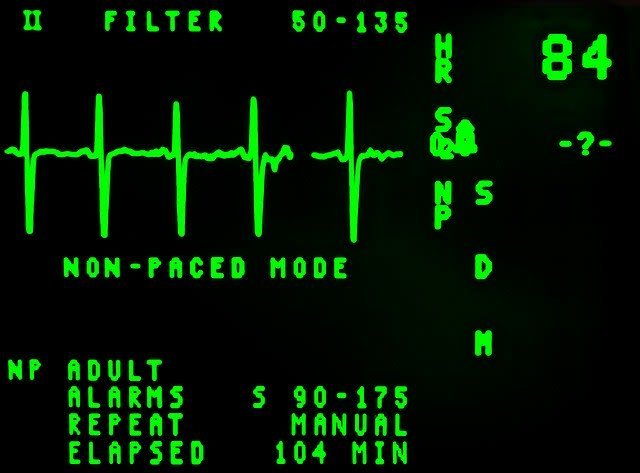
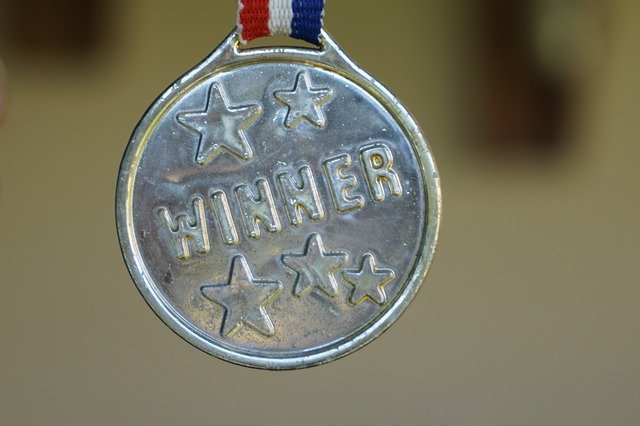




![Traits Women Find Attractive Traits Women Find Attractive (And How to Score Yourself) [PART 1: Physical Aspects]](https://lifemathmoney.b-cdn.net/wp-content/uploads/2025/11/Traits-Women-Find-Attractive-1.jpg)












